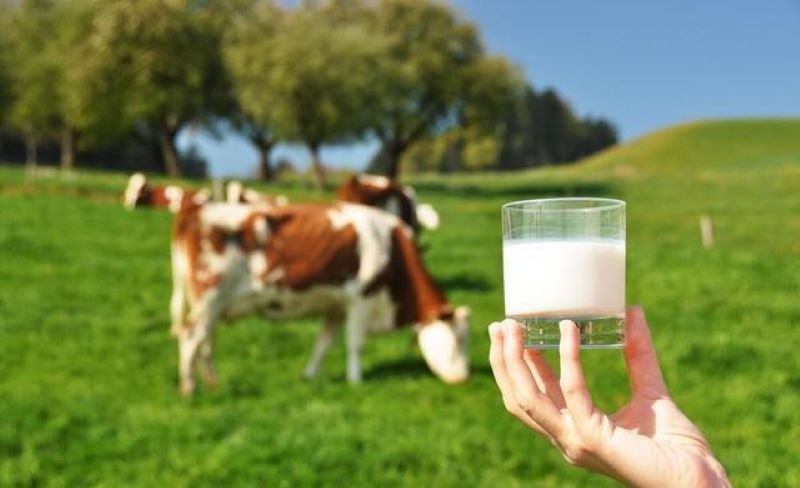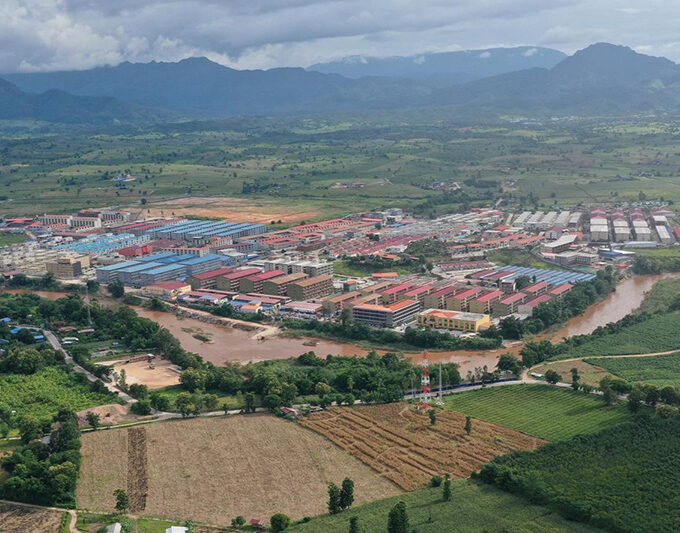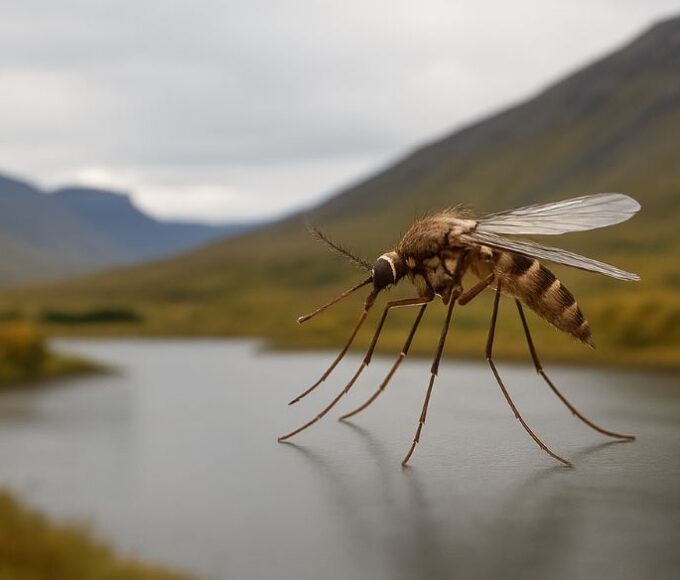Recently, many British netizens poured milk into sinks and toilets, filmed the process and posted it on their social media accounts. The men were protesting against trials of a new dairy feed additive that is said to significantly reduce methane gas emissions from cows.
Bovaer Additives Raise Concerns
The parent company of the UK’s largest dairy cooperative, the Danish-Swedish joint venture Alafouz, announced last week that it will test an additive called Bovaer on 30 farms in the UK and cooperate with a number of large supermarkets in the UK to sell the products produced by these cows of milk.
Bovaer additive was developed by the Royal DSM Group of the Netherlands and is mainly used to reduce intestinal methane emissions from cattle and other ruminants. The group says that by adding just 1/4 teaspoon of the additive to cow feed every day, farmers can reduce the methane emissions produced when cattle digest food by about 30%. Although experts said the additive did not cause any food safety issues, the news sparked dissatisfaction among British netizens. Alafouz’s Bovaer-related posts on social platform X have received nearly 6 million views and thousands of comments. Under the company’s post, some netizens questioned whether it would be crazy to add toxic chemicals to cow feed in order to change the earth’s climate. Others say that since cows appeared, they have been emitting methane gas and the climate is changing. People should respect this natural law. Some British netizens directly said that you can add these additives, but I will not buy these products again.
Many British people are worried about Bovaer, mainly because of safety issues with some of the compounds used in it. Bovaer is a compound composed of silica, propylene glycol and the organic compound, 3-nitrooxypropanol, known simply as 3-NOP. A report released by the British Food Standards Agency last year stated that 3-NOP is corrosive to humans, can irritate the skin and may be harmful if inhaled. Among those raising concerns was Reform Britain MP Rupert, who said on X he had asked the Department for Environment, Food and Rural Affairs to conduct an urgent review of the additive. Many farmers have also informed consumers on social media that they will not use Bovaer to feed their own cows.
A news release from the U.S. Federal Drug Administration (FDA) said the product is not intended for human use and recommends that people handling the product wear protective equipment such as goggles, masks and gloves. Claims that it causes cancer have centered on safety studies in rats conducted by the UK regulator, the Food Standards Agency. Follow-up analysis found that the incidence of the disease was not statistically higher than in the control group. In summary, the Food Standards Agency determined: “Due to the absence of malignancy and genotoxicity, it is concluded that the additive is not carcinogenic at the recommended inclusion rates.”

Business Response to Additives
Arla stated that the company announced that it would conduct a trial of “Bovaer as a feed supplement for dairy cows” in the UK, adding that Bovaer is a product that has been studied for 15 years and has been used in many countries around the world. The substance may be able to reduce Methane emissions from dairy cows are part of Arla Group’s efforts to reduce the carbon footprint of its products.
The substance’s manufacturer, DSM Firmenich, said Bovaer has undergone extensive testing to ensure it is safe for both cows and humans, adding that Bovaer does not penetrate the human body when humans consume dairy products. The company insists the product is “absolutely safe” and has been tested in many countries for years. Firmenich provided relevant statements: Bovaer does not penetrate the human body when dairy products are consumed; regulatory agencies such as the European Food Safety Authority and the British Food Standards Agency have approved the use of Bovaer on the grounds that it does not have any adverse effects on animal health, production or milk quality. produce negative effects; Bovaer has been extensively tested to ensure it is safe for both cows and humans; Bovaer is specifically designed to act in the digestive system of cows, where it quickly breaks down into natural compounds already present in the cow’s stomach, meaning it Does not enter the milk from the cow; Bovaer has been developed for 15 years and is currently used in about 25 countries/regions, covering more than 200,000 cows; Bovaer is currently approved for use in 68 countries/regions. In addition to expressing the above views, the company also stated that Bovaer is added to cattle feed at a rate of 1 gram per 20 kilograms of feed. A cow fed with Bovaer can reduce emissions of one ton of carbon dioxide equivalent per year.
Dairy companies, especially leading brands, attach great importance to the environment, society and governance, and have almost integrated it into the corporate strategy. In fact, the dairy industry involves large-scale breeding, processing, and sales, and its impact on the environment and climate is also It is closely related. It is good for Arla to have such a concept, but it needs to pay attention to brand communication and market education, so that consumers, suppliers, and upstream and downstream partners can understand the specific practices and values.












